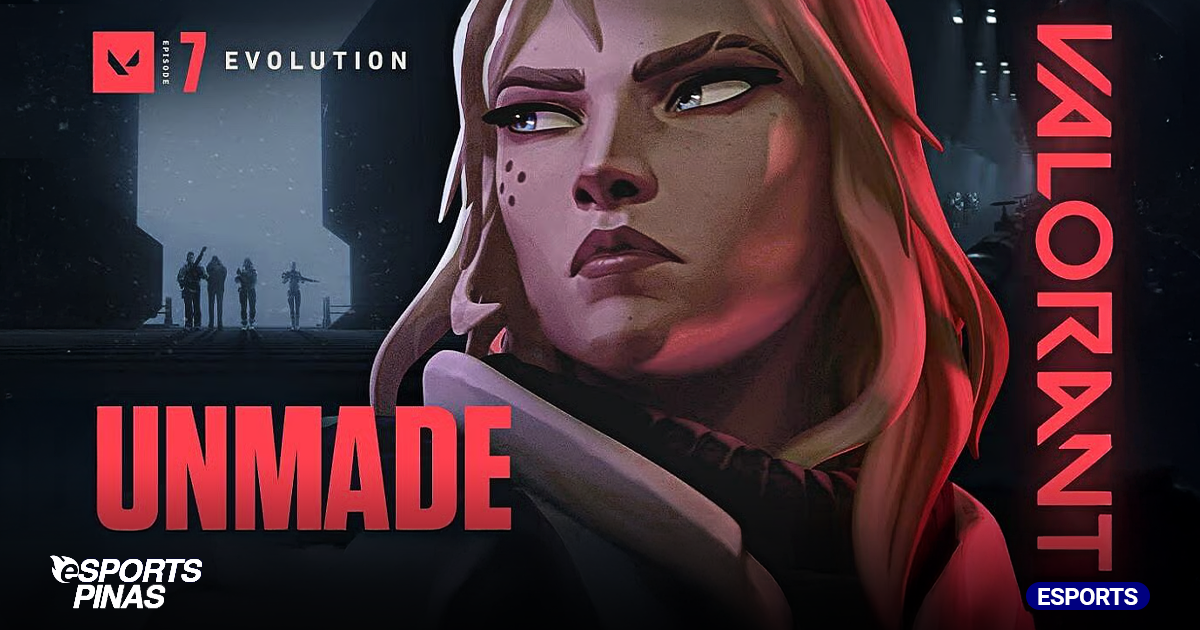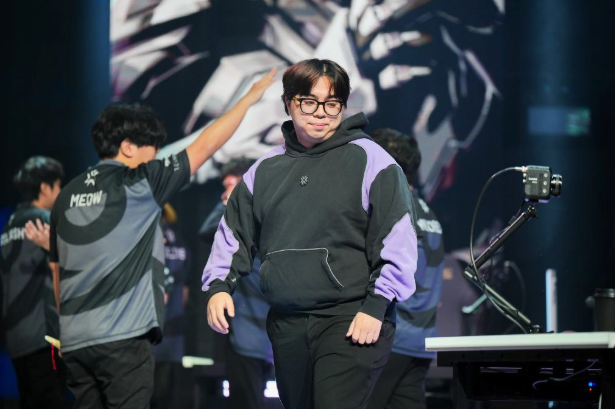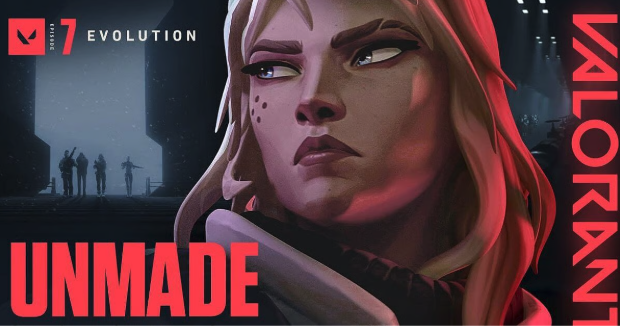This source claims that Valorant might never achieve the renown or durability of League of Legends or Counter-Strike and might instead take Overwatch’s route, disappearing from the top esports scene soon.
The Core Problem: Hero Shooters Without Agent Bans
Hero shooters, by design, require agent bans and/or a massive agent pool to ensure meta stability and competitive balance. Valorant currently has neither.
With a relatively small agent pool, every balance change drastically alters the competitive landscape from shifting metas to changing how entire maps are played. Without agent bans, teams have no way to counter dominant agents or compositions. Players are often forced to abandon their best roles or agents to adapt, even if it means playing below their skill ceiling.
The result? An unstable environment where dominance in one patch can turn into irrelevance in the next.
Short Careers, No Dynasties
This volatility makes it nearly impossible to build dynasties or “GOAT” careers.In Counter-Strike or League of Legends, elite players can dominate for years. In Valorant, a player’s peak may last mere months before the next patch reshuffles the meta.
Without longevity, rivalries fade, and consistent narratives disappear hurting fan engagement and team branding.
Riot’s Competitive Format Isn’t Helping
Valorant’s format is dominated by best-of-three (Bo3) matches, but because of its small and occasionally criticized map pool, skill can sometimes be outweighed by luck when choosing a map. Bo5s are only used for a few games every year, despite the fact that they could better display team depth.
Furthermore, elite teams may be excluded from major tournaments due to region slot limits after a single poor performance. Additionally, fan interest stalls, metas shift again, and momentum dies with extended intervals between Tier 1 events.
An Orgs’ Money Pit
For organizations, this instability is a nightmare. Teams frequently start an endless cycle of rebuilding:
- Create a build for the existing meta.
- Meta changes.
- Redesign the roster.
The scene is dominated by extreme hyper-aggressive playstyles like Paper Rex or slow, methodical setups like Fnatic because few rosters remain together long enough to develop chemistry or a lasting identity.
The PG-13 Problem
Riot has unwittingly muted the raw emotion and personality that drive esports narratives by attempting to keep Valorant “clean” and PG-13. There is little of the “edge” that creates excitement in CS2, where rivalries and redemption arcs flourish, players and analysts seem constrained, and rivalries seem manufactured.
No Foundational Storylines
Valorant’s competitive hierarchy is constantly shifting in the absence of defining players, stable top teams, or distinct dynasties. When supporters are unable to determine whether an underdog victory was the product of an unstable meta or a true upset, the impact of the victory is diminished.
Narratives are crucial in both traditional sports and esports. Without them, esport as a whole and fan investment wanes.
Conclusion: Like Overwatch, Valorant’s professional scene may peak early and quickly decline unless Riot makes structural changes, such as banning agents, expanding the agent pool, improving the format, and granting more personality freedom.



